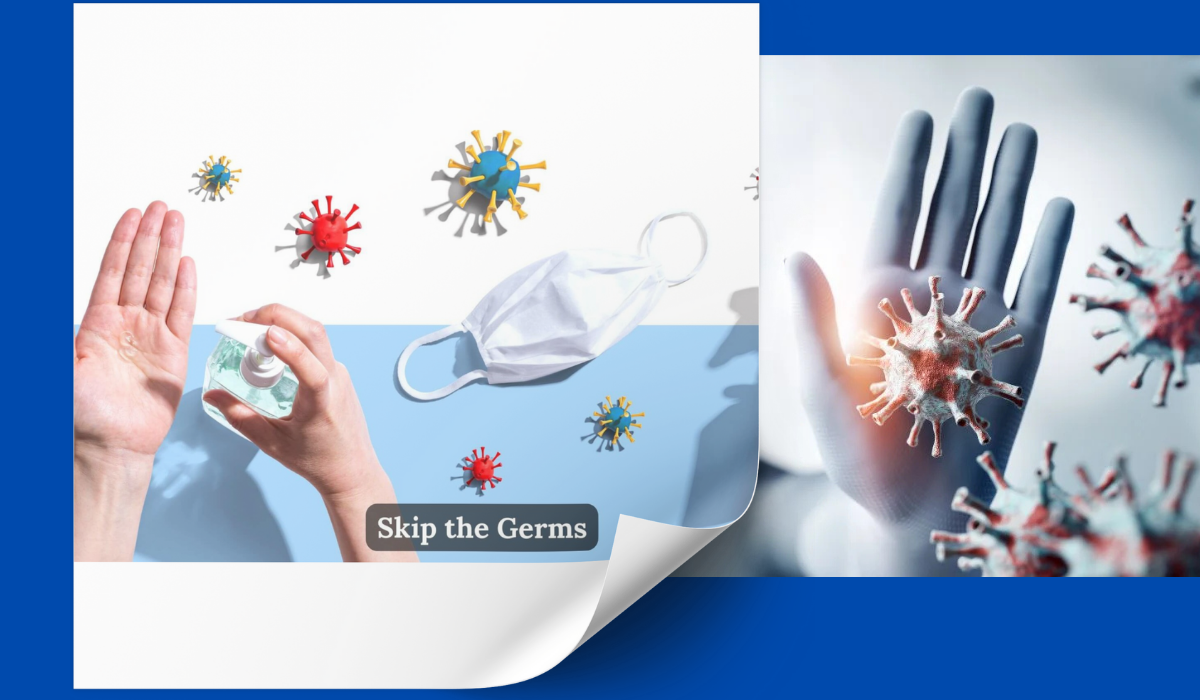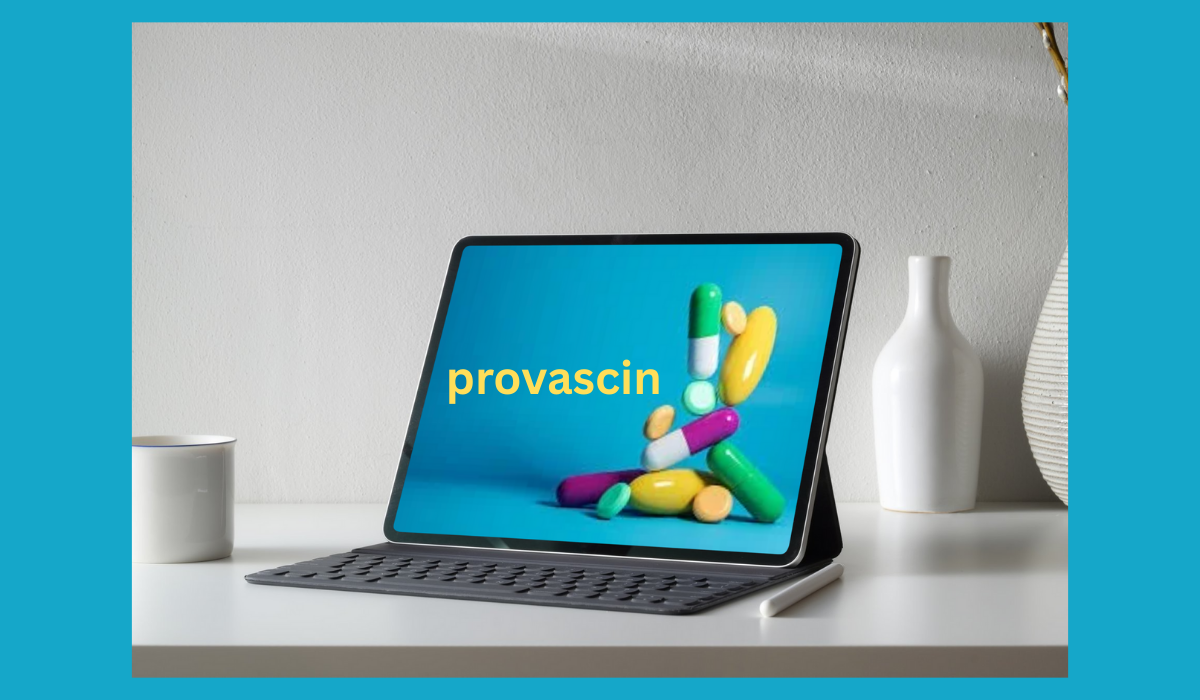In 2025, the phrase “skip the germs” resonates louder than ever. With a growing awareness of health and wellness, avoiding harmful microorganisms has become essential. Our world is evolving rapidly, making it critical to prioritize cleanliness in our daily lives. The ongoing battle against germs isn’t just about keeping colds at bay; it’s about safeguarding your overall well-being and future.
As we navigate life in an increasingly interconnected society, understanding the significance of germ avoidance can empower you to make informed choices for yourself and those around you. From superbugs on the rise to simple yet effective hygiene practices, this blog will explore why skipping those pesky germs could be one of the best decisions for your health today and tomorrow. Let’s dive into this crucial topic together!
The Importance of Avoiding Germs
Avoiding germs is more than just a trend; it’s a vital aspect of maintaining good health. Every day, we encounter countless microorganisms that can lead to illness. Taking steps to minimize exposure helps reduce the risk of infections and diseases.
Our immune systems are resilient, but they aren’t invincible. By consciously choosing to skip the germs, you give your body a fighting chance against potential threats. Simple actions like washing hands regularly or sanitizing surfaces can make a significant difference in your well-being.
Moreover, fostering germ-free habits contributes to overall community health. When individuals prioritize cleanliness, the spread of infectious diseases slows down dramatically. This collective effort protects vulnerable populations who may be more susceptible to severe illnesses.
Embracing this mindset now sets the stage for healthier future generations as well. Prioritizing hygiene today builds resilience for tomorrow’s challenges in public health.
The Rise of Superbugs and Antibiotic Resistance
Antibiotic resistance is a growing concern in today’s world. Overuse of antibiotics has led to the emergence of superbugs, bacteria that can resist standard treatments. These microorganisms are becoming increasingly difficult to control.
Each year, millions face infections from these resilient strains. Traditional medications often fail to provide relief, leading to longer hospital stays and higher medical costs.
The misuse of antibiotics in both healthcare and agriculture fuels this crisis further. As we depend on these medicines more than ever, their effectiveness dwindles.
Preventing the spread of germs plays a critical role in combating this issue. By practicing good hygiene and skipping unnecessary exposure to pathogens, individuals can help reduce antibiotic reliance.
Staying informed about germ safety measures not only protects personal health but also contributes positively to community well-being against superbugs’ threat.
Tips for Staying Germ-Free
Staying germ-free doesn’t have to be a daunting task. Start with the basics: wash your hands regularly. Use soap and water, scrubbing for at least 20 seconds.
When soap isn’t available, hand sanitizer is your best friend. Choose one that contains at least 60% alcohol for maximum effectiveness.
Don’t forget about surfaces. Wipe down frequently-touched areas like doorknobs, light switches, and smartphones using disinfectant wipes or sprays.
Avoid close contact with sick individuals whenever possible. If you’re feeling under the weather, stay home to prevent spreading germs further.
In public spaces, maintain distance from crowds when you can. It’s a simple way to minimize exposure without sacrificing social interaction entirely.
Boost your immune system with a balanced diet rich in fruits and vegetables along with regular exercise—your body will thank you!
Benefits of a Clean Environment
A clean environment offers numerous health benefits that often go unnoticed. When spaces are free from clutter and germs, it can significantly reduce stress levels. A tidy atmosphere promotes mental clarity and enhances focus.
Moreover, a spotless setting helps prevent the spread of illness. Fewer germs mean lower chances of catching colds or flu, which is especially important in communal areas like schools and offices.
Cleanliness also contributes to better air quality. Dust and allergens thrive in dirty environments, triggering respiratory issues for many people. By maintaining cleanliness, you not only protect yourself but also create a healthier space for those around you.
Additionally, an organized environment fosters positive habits. Maintaining order encourages mindfulness about personal hygiene practices and overall well-being. Embracing cleanliness opens the door to improved productivity and enhanced mood throughout your day-to-day activities.
How to Incorporate
Incorporating germ-free habits into your daily routine can be simple and effective. Begin by prioritizing hand hygiene. Regularly wash your hands with soap for at least 20 seconds, especially after touching surfaces in public places.
Next, consider using sanitizers that contain at least 60% alcohol when soap isn’t available. Keep a small bottle on hand—it’s an easy way to stay protected.
You can also enhance your environment by incorporating air purifiers. They help reduce germs, allergens, and pollutants in the air you breathe.
Opt for disinfectant wipes or sprays to sanitize frequently-touched surfaces at home and work. Make this part of your cleaning routine to maintain a germ-free space.
Encourage others around you to adopt these habits too. When everyone is aware of the importance of staying germ-free, it creates a healthier community atmosphere.
The Impact on Public Health
The impact of germs on public health cannot be overstated. As we navigate through 2025, the importance of maintaining a germ-free environment is clearer than ever.
Infectious diseases can spread rapidly in crowded spaces. Schools, offices, and public transport are breeding grounds for harmful pathogens. When individuals neglect hygiene practices, they not only endanger their own health but also that of those around them.
Preventing infection is crucial for community well-being. High rates of illness can overwhelm healthcare systems and strain resources. This leads to longer wait times and reduced care quality for everyone.
Maintaining clean environments reduces disease transmission rates significantly. By adopting habits that prioritize cleanliness, communities foster resilience against outbreaks.
Public awareness campaigns emphasizing “skip the germs” play a vital role in education. The more people understand the risks associated with poor hygiene, the better equipped they are to protect themselves and others from illness.
Conclusion: Taking Small Steps for a Healthier Future
Taking small steps to prioritize our health can make a significant difference in the long run. As we navigate through 2025, adopting practices that help us skip the germs is more important than ever. By being mindful of our hygiene and creating clean environments, we not only protect ourselves but also contribute positively to public health.
Each effort counts—whether it’s washing your hands regularly or keeping common surfaces disinfected. These simple habits foster a healthier community and reduce the spread of illness. Remember, every action you take today sets the stage for tomorrow’s well-being.
So embrace these changes and encourage others to do the same. Together, we can create a safer world where everyone thrives by skipping those harmful germs and focusing on wellness instead. Small actions lead to big results; let’s start making them count now.





